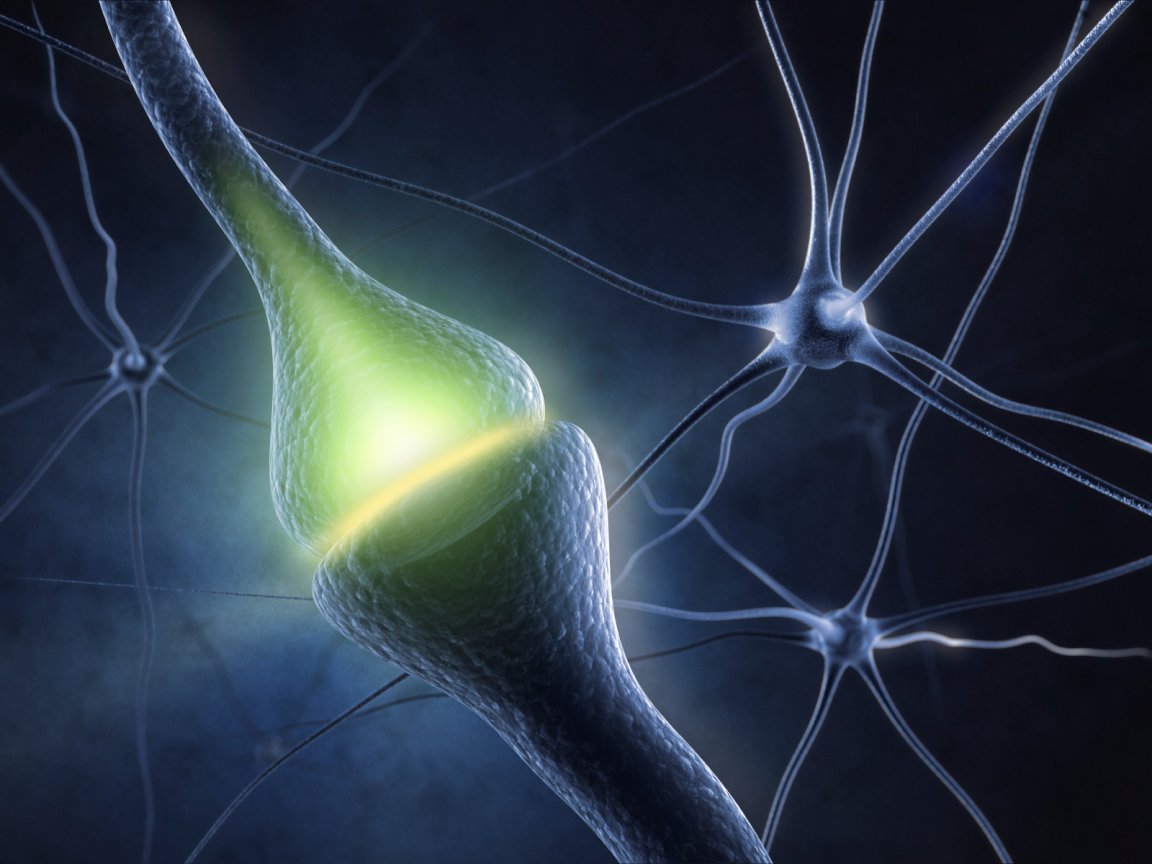
Reprogrammed Neurons
Harvard Stem Cell Institute researchers have now shown that the networks of communication among reprogrammed neurons and their neighbors can also be changed, or “rewired.” It was shown that reprogrammed neurons are recognized by their neighbors as different and adapt by changing how they communicate with them.
The researchers reprogramed neurons that normally connect the two sides of the brain, essentially transforming them into neurons that connect far away instead, such as the spinal cord. Local inhibitory interneurons were then monitored, and it was found that they changed their synaptic connections with the reprogrammed neurons. They recognized the reprogrammed neurons as new cells with different properties and adapted accordingly.
What this Means for Neuroscience
Not only are the findings significant for our academic understanding of neurons and their development, but it also implies that it may be possible to alter defective neuronal communication in psychiatric and neurodevelopmental diseases, such as schizophrenia and autism. The results are important for defining the rules by which neurons in the brain are wired in the first place, but it may also provide a way to understand how to rewire the brain in the context of a malfunctioning pathology. Another possibility may include reprograming the identity of neurons that are already present in the brain in order to replace neurons that die in diseases. The study was done on young mouse brains. During the next experiments older ones will be used, with human brains being the ultimate goal